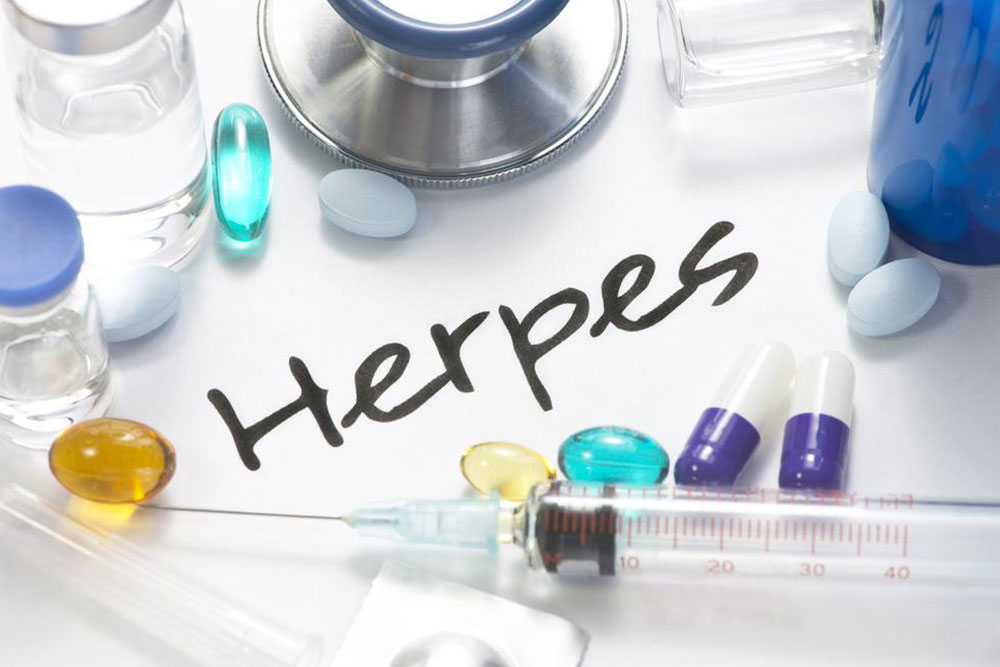Understanding and Managing Epstein-Barr Virus Infections
This article explains how to identify and manage Epstein-Barr virus infections, including symptoms, diagnostic methods, and supportive treatments. It emphasizes the importance of medical consultation and outlines precautions to avoid complications. Learn about related health risks and effective ways to recover from mono caused by EBV.

Understanding and Managing Epstein-Barr Virus Infections
The Epstein-Barr virus (EBV) is a common pathogen responsible for infectious mononucleosis, often called mono or the "kissing disease." This nickname arises because saliva is a primary transmission route, although blood and semen may also carry the virus. Symptoms typically include exhaustion, fever, sore throat, cold symptoms, and swollen neck glands. While symptoms can suggest mono, definitive diagnosis requires medical testing. If you experience these signs, consult a healthcare professional and undergo proper tests.
Diagnosis
Key indicators of mono include an enlarged spleen, a blood-filtering organ located in the upper left abdomen, and liver swelling. Additionally, white patches on the tonsils are common. To diagnose EBV, blood tests look for specific antibodies and abnormal white blood cells, confirming infection.
Treatment
There is no specific medication to treat the Epstein-Barr virus itself. Supportive care includes:
Using antibiotics temporarily to relieve symptoms, though they don't eradicate the virus.
Staying well-hydrated with electrolyte drinks and resting to aid recovery.
Sucking on soothing lozenges, gargling with warm salt water, and taking pain relievers for discomfort.
Avoiding strenuous activities to prevent aggravating the spleen or other organs.
Besides mono, EBV can also be linked to other conditions such as ear infections or diarrhea in children, certain cancers of the nose and throat, and Guillain-Barré syndrome.
Note:
The information provided aims to educate readers about EBV. It is not a substitute for professional medical advice. Always consult healthcare providers for diagnosis and treatment options. The site may not cover all available schemes or offers related to treatment.








